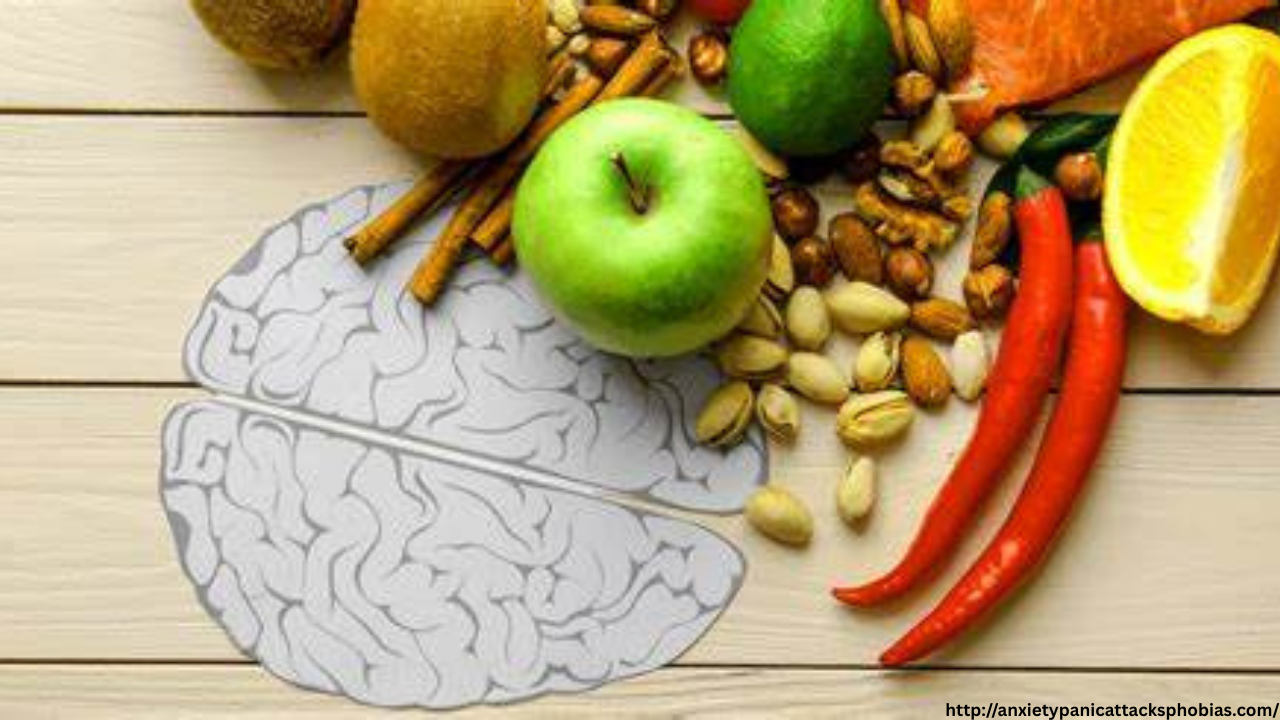The Gut-Brain Connection: How Nutrition Impacts Mental Health Disorders
 In recent years, science has increasingly revealed the intricate connection between the gut and the brain, shedding light on how nutrition profoundly influences mental health. This relationship, known as the gut-brain axis, highlights how the gastrointestinal system communicates with the central nervous system. Understanding this link can offer new insights into the prevention and treatment of mental health disorders.
In recent years, science has increasingly revealed the intricate connection between the gut and the brain, shedding light on how nutrition profoundly influences mental health. This relationship, known as the gut-brain axis, highlights how the gastrointestinal system communicates with the central nervous system. Understanding this link can offer new insights into the prevention and treatment of mental health disorders.
The Gut-Brain Axis Explained
The gut-brain axis is a bidirectional communication network that links the emotional and cognitive centers of the brain with the digestive system. This connection involves the central nervous system, the enteric nervous system, the vagus nerve, and a variety of chemical messengers, including neurotransmitters and hormones.
One of the most crucial components of this axis is the gut microbiome—the trillions of microorganisms living in the digestive tract. These microbes play a pivotal role in regulating mood, inflammation, and brain function. An imbalance in gut bacteria, known as dysbiosis, has been linked to mental health conditions such as depression, anxiety, and even schizophrenia.
How Nutrition Influences Mental Health
What we eat directly affects the composition and health of our gut microbiome. A nutrient-rich, balanced diet supports a healthy microbial environment and enhances the gut-brain connection. Conversely, a poor diet can disrupt microbial balance, leading to increased inflammation, oxidative stress, and altered neurotransmitter production.
1. Probiotics and Fermented Foods
Foods like yogurt, kefir, sauerkraut, and kimchi are rich in probiotics, beneficial bacteria that support gut health. Regular consumption of these foods can improve mood and cognitive function by enhancing the diversity and balance of gut microbes.
2. Prebiotics
Prebiotics are non-digestible fibers that nourish beneficial gut bacteria. Foods such as bananas, garlic, onions, and whole grains promote microbial growth and contribute to improved mental well-being.
3. Omega-3 Fatty Acids
Found in fatty fish, flaxseeds, and walnuts, omega-3 fatty acids are essential for brain health. They reduce inflammation, support neurotransmitter function, and have been shown to alleviate symptoms of depression and anxiety.
4. Antioxidant-Rich Foods
Fruits and vegetables high in antioxidants help protect the brain from oxidative stress. Berries, leafy greens, and colorful vegetables can lower the risk of cognitive decline and mood disorders.
5. Avoiding Processed Foods and Sugar
Diets high in processed foods, sugar, and unhealthy fats are associated with an increased risk of mental health issues. These foods can disrupt gut bacteria, promote inflammation, and impair brain function.
Mental Health Disorders and the Gut
Emerging research shows promising links between gut health and conditions like depression, anxiety, and autism spectrum disorders. For instance, people with depression often have less microbial diversity in their gut. Improving gut health through dietary changes and probiotic supplementation has shown potential in reducing symptoms and enhancing mental clarity.
Conclusion
The gut-brain connection emphasizes the importance of a healthy diet in maintaining mental well-being. By nurturing the gut microbiome through mindful eating, individuals can positively influence their mood, cognitive function, and resilience to mental health disorders. As research continues to evolve, nutrition may become a cornerstone in the holistic treatment of mental health conditions.